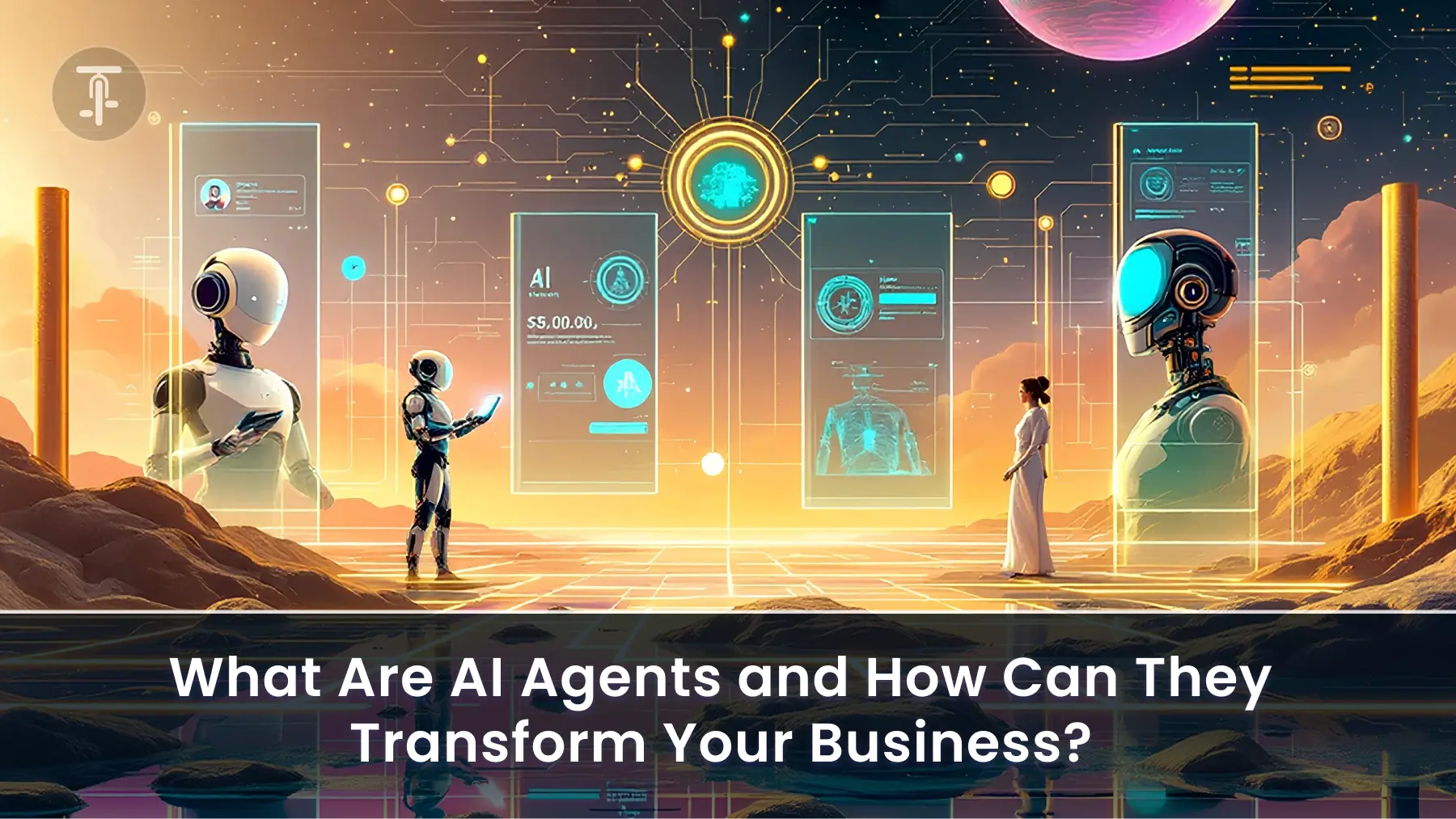Introduction
Offering high-quality products alone is insufficient to make a name for yourself in today’s competitive online industry. Consumers desire individualized experiences catered to their requirements and tastes. Personalized recommendations and an improved shopping experience can be offered to clients by e-commerce enterprises by utilising this cutting-edge technology.

Knowing Artificial Intelligence and Machine Learning for E-Commerce
Artificial Intelligence (AI) is the definition of how robots simulate human intelligence processes; machine learning is a branch of AI that allows computers to learn from data and become more intelligent over time without explicit programming. With AI and ML algorithms, organizations can provide individualized recommendations and experiences by analyzing large volumes of customer data to identify trends, behaviors, and preferences.
Personalization and Recommendation Systems
- Customer Segmentation: AI-driven recommendation systems start by dividing their user base according to their interests, past purchases, online habits, demographics, and other pertinent information. E-commerce platforms can customize recommendations based on user preferences by comprehending the distinctive qualities of every consumer category.
- Product recommendations: This one is among the most popular uses of AI and ML in e-commerce. Recommendation algorithms can make relevant product suggestions to users, possibly boosting conversion and upselling, by examining previous purchases, browsing history, and commonalities with other customers.
- Predictive Analytics: Using past data, AI systems can forecast future purchasing patterns, allowing e-commerce companies to anticipate their customers’ wants and preferences. Businesses may increase sales and foster customer loyalty by proactively engaging customers with targeted offers, discounts, and promotions through predictive analytics.
- Personalized Content: AI is capable of customizing email marketing campaigns, website banners, and product descriptions according to the preferences of specific customers, in addition to making product recommendations. E-commerce platforms can improve the buying experience and boost customer engagement by providing pertinent and captivating content.
AI and Machine Learning's Advantages for E-Commerce
- Improved Customer Experience: Personalized experiences and recommendations help customers feel important and understood, encouraging recurring business and loyalty. E-commerce platforms may create memorable shopping experiences that entice customers to return by customizing goods to individual interests.
- Higher Sales and Revenue: It has been demonstrated that recommendation engines driven by AI may considerably raise average order values and conversion rates. E-commerce platforms can increase sales and revenue by taking advantage of upselling and cross-selling opportunities by making relevant product suggestions at the appropriate moment.
- Better Inventory Management: E-commerce companies can improve inventory levels and lower stockouts and overstock by using machine learning algorithms to evaluate past sales data and forecast future demand. Businesses can save expenses and increase revenues by keeping the proper inventory balance.
- Competitive Advantage: Personalization is now a need rather than a luxury in the cutthroat world of e-commerce. E-commerce companies may stand out from the competition by utilizing AI and machine learning to create customized experiences that appeal to clients and make them stand out in the market.
Obstacles and Things to Think About
- Security and Privacy of Data: As e-commerce platforms gather and examine enormous volumes of consumer data, protecting data security and privacy is critical. Companies must abide by laws like the CCPA and GDPR and put strong security measures in place to guard client data against breaches and illegal access.
Algorithm Bias: The quality of AI algorithms depends on the data they are trained on, and biased data may produce limited suggestions. To detect and reduce prejudice and guarantee inclusive and equitable suggestions for all consumers, e-commerce companies must routinely monitor and audit their recommendation algorithms.
Scalability: AI and machine learning systems must manage growing amounts of data and users as e-commerce platforms expand and scale. Companies must invest in scalable infrastructure and algorithms to handle increasing demand without compromising dependability and performance.
Conclusion
Personalization and improved consumer experiences are made possible by incorporating AI and machine learning into e-commerce processes. But to fully profit from AI and ML, companies need to solve issues like algorithm bias, data privacy, and scalability. They also need to make sure that their recommendation systems are morally sound and able to adapt to the changing requirements of consumers in the digital era.




